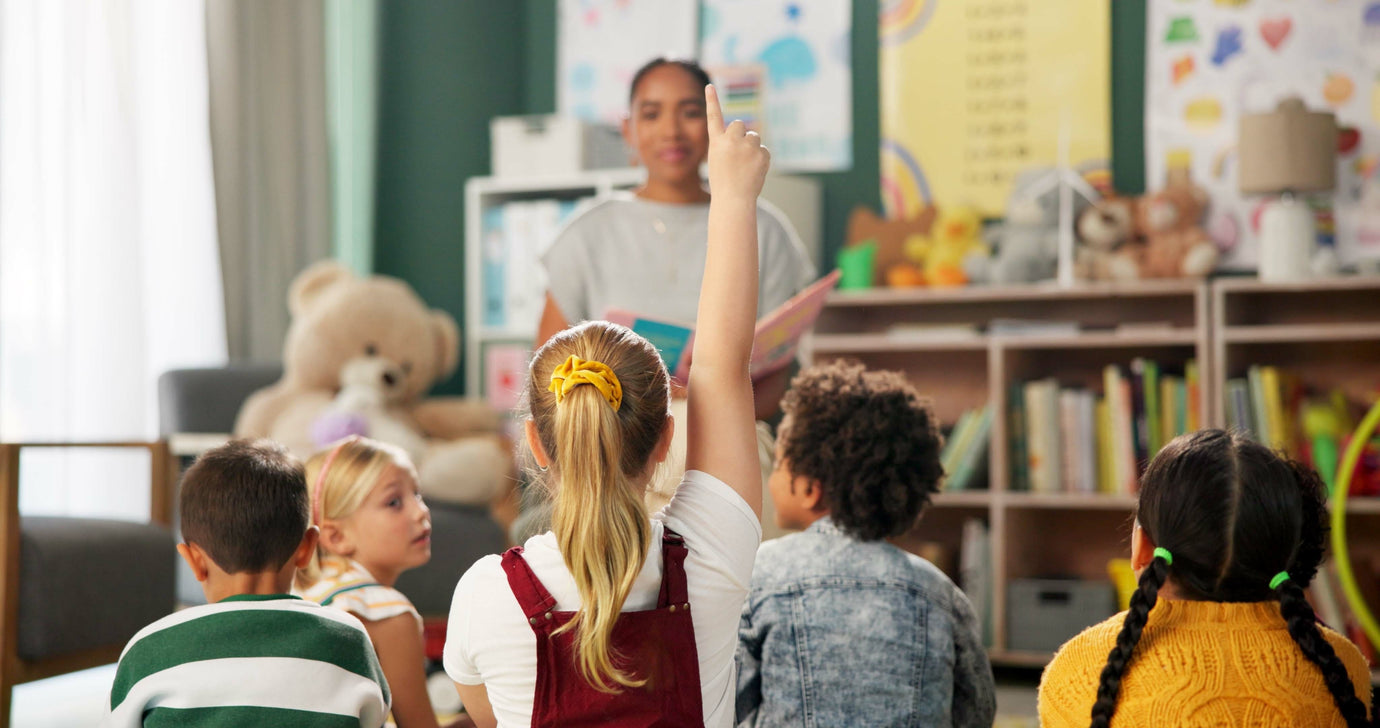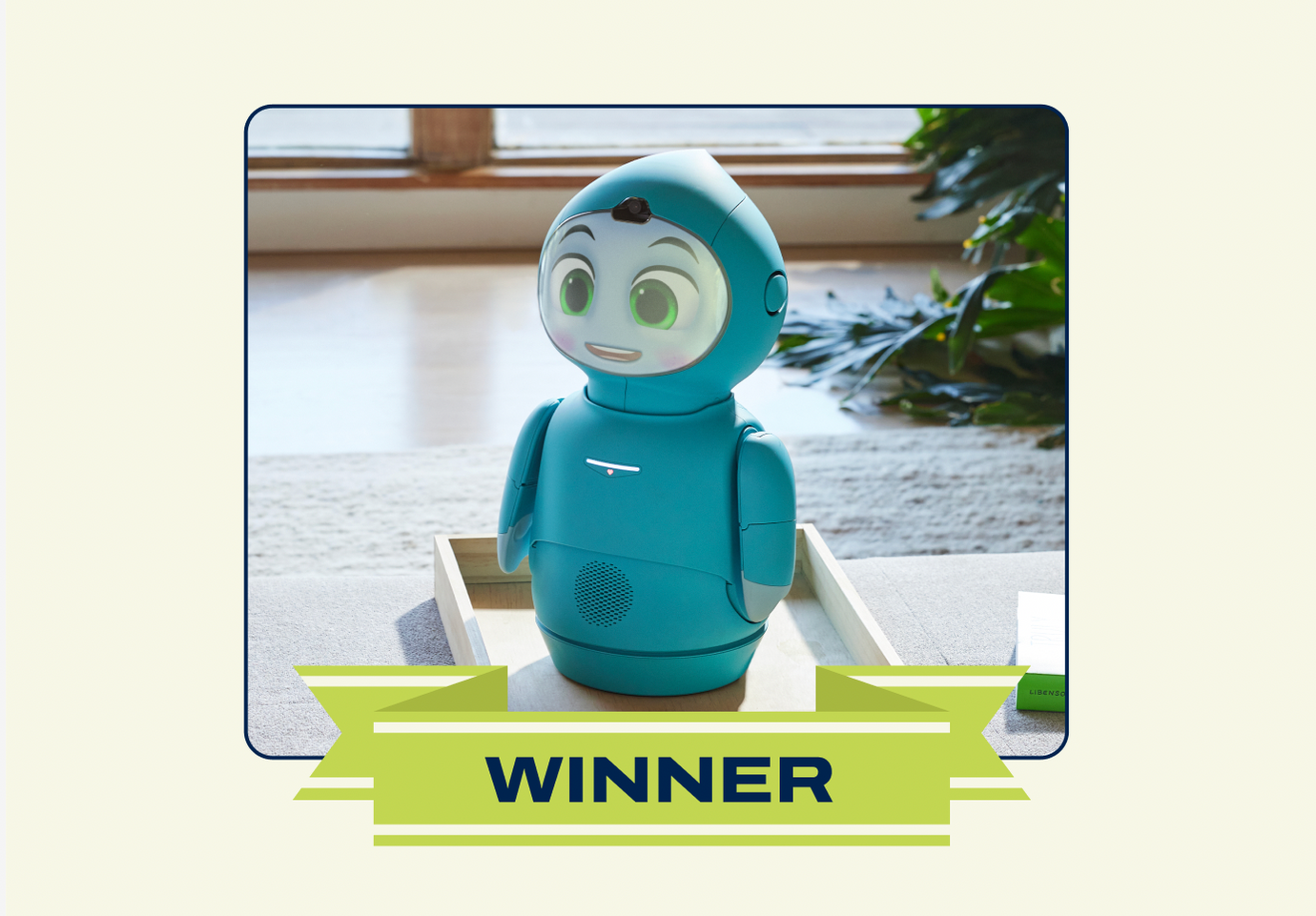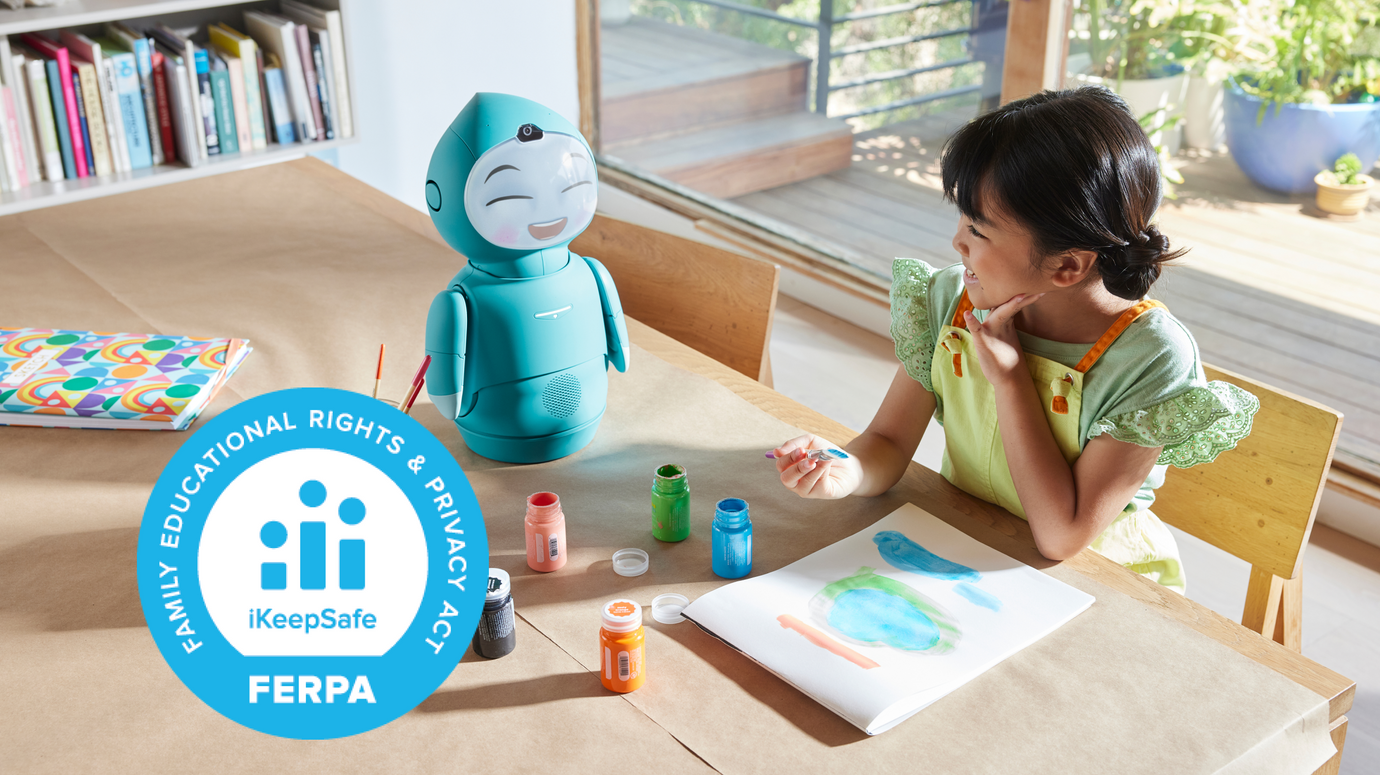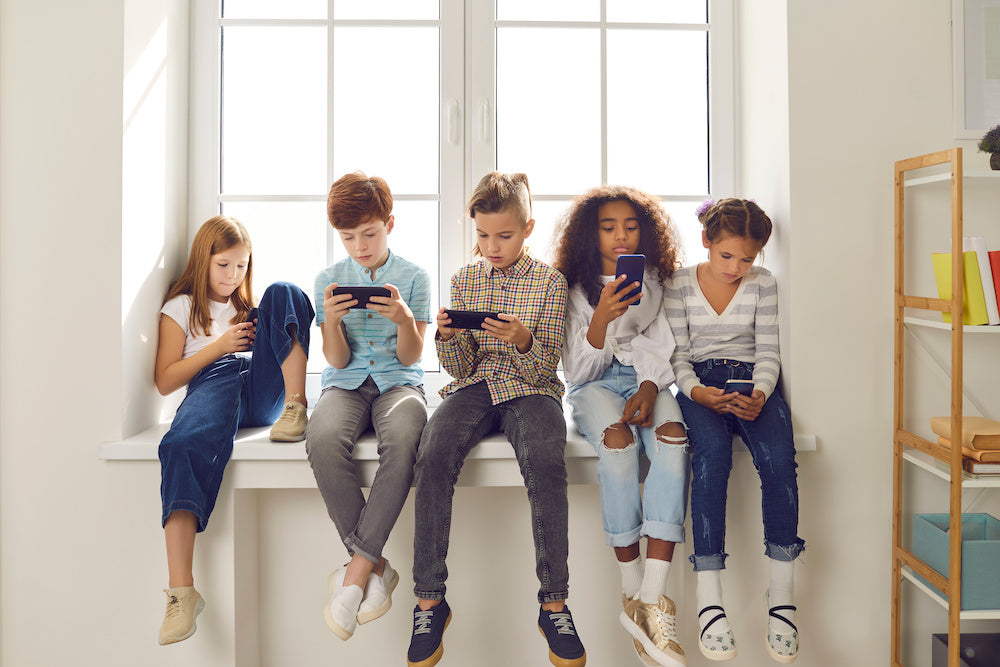Social and Emotional Learning Activities for Kids
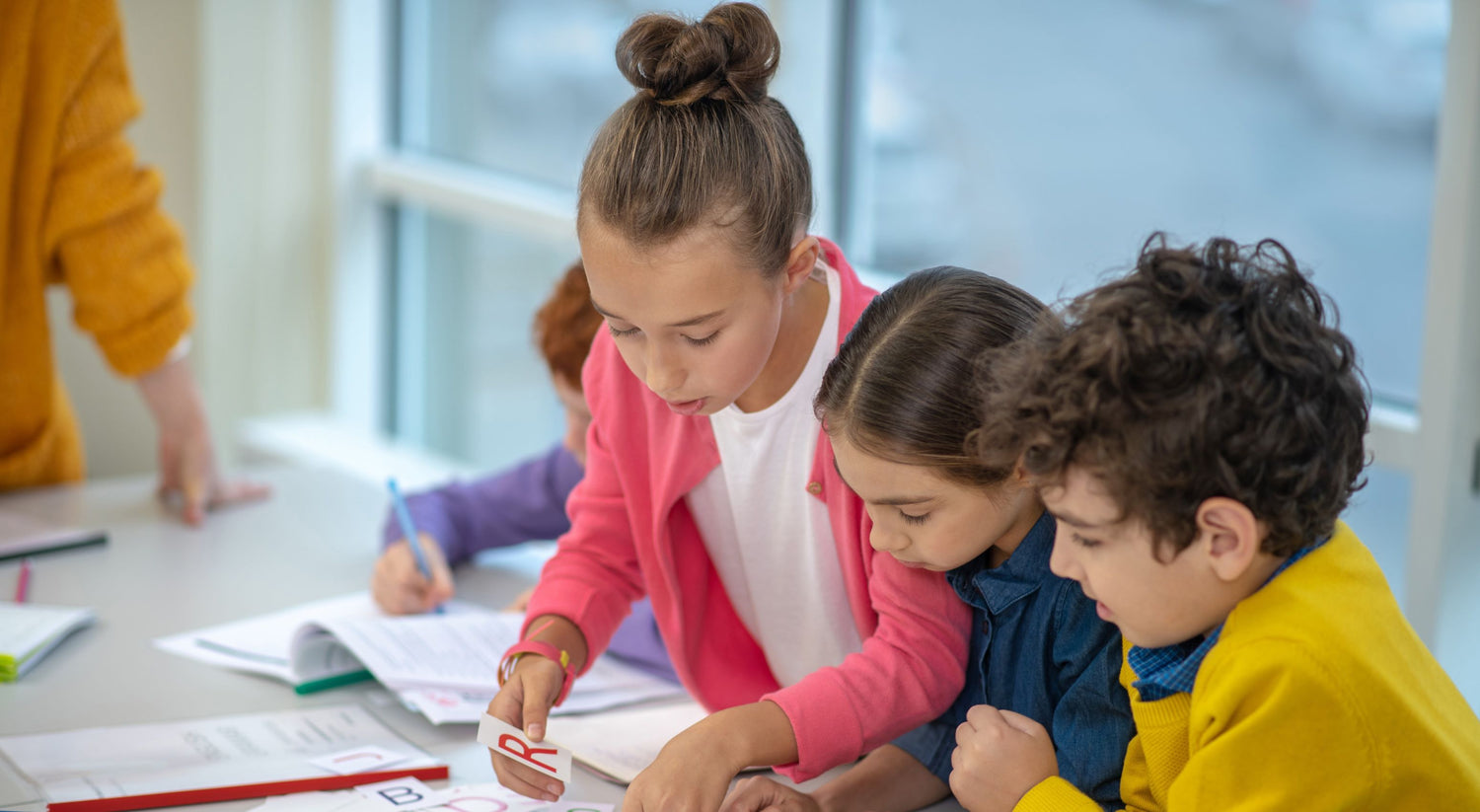
Children working together for success.
Fostering social emotional learning (SEL) for the children in your life is as important as helping them to eat their vegetables and study for their exams. The skills which allow kids to understand themselves and others, listen well, be kind to those around them, and manage and communicate about their own feelings are invaluable, and allow them not only to build and maintain healthy and long-lasting relationships, but also to succeed in both school and on future career pathways.
It’s never too early to start building up your social emotional toolkit. So let’s talk about how to help kids on their SEL journey, and take a look at a few activities that make social emotional learning both effective and fun.
What are social and emotional learning skills in children
As with other developmental pathways, children hit different social-emotional milestones at different ages as they continue to grow and learn more about the world around them.
Starting at around age 6 - 7, you should expect your child to have a greater awareness of others, as well as themself within a social context. From this age on, your child – with support from the adults in their life – can cultivate social emotional skills like:
Social and emotional learning skills training in children
Just like any other skill, skills associated with social and emotional function can be taught to individuals of all ages. And for kids, SEL may be done through a number of different avenues, including play, individual exercises, and more academic study.
In addition to providing your child games, activities, and opportunities to interact and learn with other children, one of the most important things a caregiver or teacher can do to foster better social emotional skills in their child is to model the social emotional skills you want them to develop. It is important for you to engage in your own SEL so you can adequately support your child’s social emotional development, as well.
Social and emotional learning activities for kids
Young animals learn critical life skills like hunting, hiding, and foraging through play – through individual exploration, their siblings, and their parents. The same is true for human children. Games and activities designed to support social emotional skill building can be one of the most effective ways for kids to better understand themselves as well as those around them.
So here are a few SEL activities you can introduce to your child that will help them grow their social emotional toolkit.
Social emotional learning activity for emotional awareness
The creators from Childhood 101 created an SEL card game that helps children develop a better emotional vocabulary, understand what they need when big feelings come up, and learn how to treat others kindly and with patience.
The Game of Feelings is played with a deck of 40 cards, each displaying a unique emotion. As cards are drawn, kids will be prompted to talk about the feeling on the card: how it feels in their body, when they’ve felt this feeling in the past, and how they handle it when this feeling comes up.
The creators suggest playing this game with whole classrooms, in small groups, on family game nights, or engaging the cards as a prompt for daily journaling and art-making activities.
Social emotional learning activity for social awareness
Creating a thoughtful letter, drawing, or other craft item for a classmate, friend, teacher, or other loved one teaches kids how to think about the positive qualities in others and develop better social awareness and gratitude skills.
Ask your child to choose someone and to think about the things they like about that person, or things they know that person enjoys. Have them write a letter describing those things and the ways in which your child is grateful, or create a picture that illustrates a similar message.
They do not always have to deliver their creation to the person they’re thinking about – this exercise can be done independently to practice gratitude for those around them, and to help them think about others.
Social emotional learning activity for self-regulation
When kids are experiencing a big feeling, they can get caught up in the intensity of that emotion. The glitter jar craft project is a fun activity that provides a tool which kids can return to again and again when they need to self-soothe.
Work with your child to fill a water-tight jar with water and a handful of
glitter or other small, water-proof confetti-like objects. Whenever your child is having a hard time
with their feelings, have them shake the jar to mix up the glitter. They should watch as the glitter
settles, and once it’s all on the bottom of the jar you might ask them if they want to talk about their
feelings, if they want to do another self-regulating exercise, or anything else they might need.
Try pairing the glitter jar activity with breathing exercises to help give your child multiple tools they can access for
self-regulation.
Social emotional learning activity for relationships
This sweet game from Sunny Day Family teaches kids to share, cooperate, and communicate with one another to reach a common goal.
Based on the book “Should I Share My Ice Cream” by Mo Willems, this game has kids make ice cream cones out of paper, which they will then use to pass balls, paper, or other materials representing “ice cream” to one another. Children should ask each other questions like “would you like some of my ice cream?” or, “would you share your ice cream with me?” before they pass. Encourage your kids to thank each other after each successful passing.
This game was originally designed for preschoolers. For children with more advanced motor skills, you can make it more challenging by introducing trickier “ice cream” to the game: try pouring water from one vessel to another, use finer particles which are easier to spill, or pass the “ice cream” with unconventional cones like tennis rackets or by only using their feet.
In any case, this should be an exercise in sharing, communication and gratitude.
Final thoughts: social and emotional learning activities for kids
Playing with their friends is the best way for kids to develop critical social emotional skills. But sometimes they may need a little help to get it right. That’s why introducing the children in your life to fun activities that help them to better understand themselves and each other can be so impactful – now, and well into their future.
Want to learn more about how to help your child cope with strong emotions? Click here.



